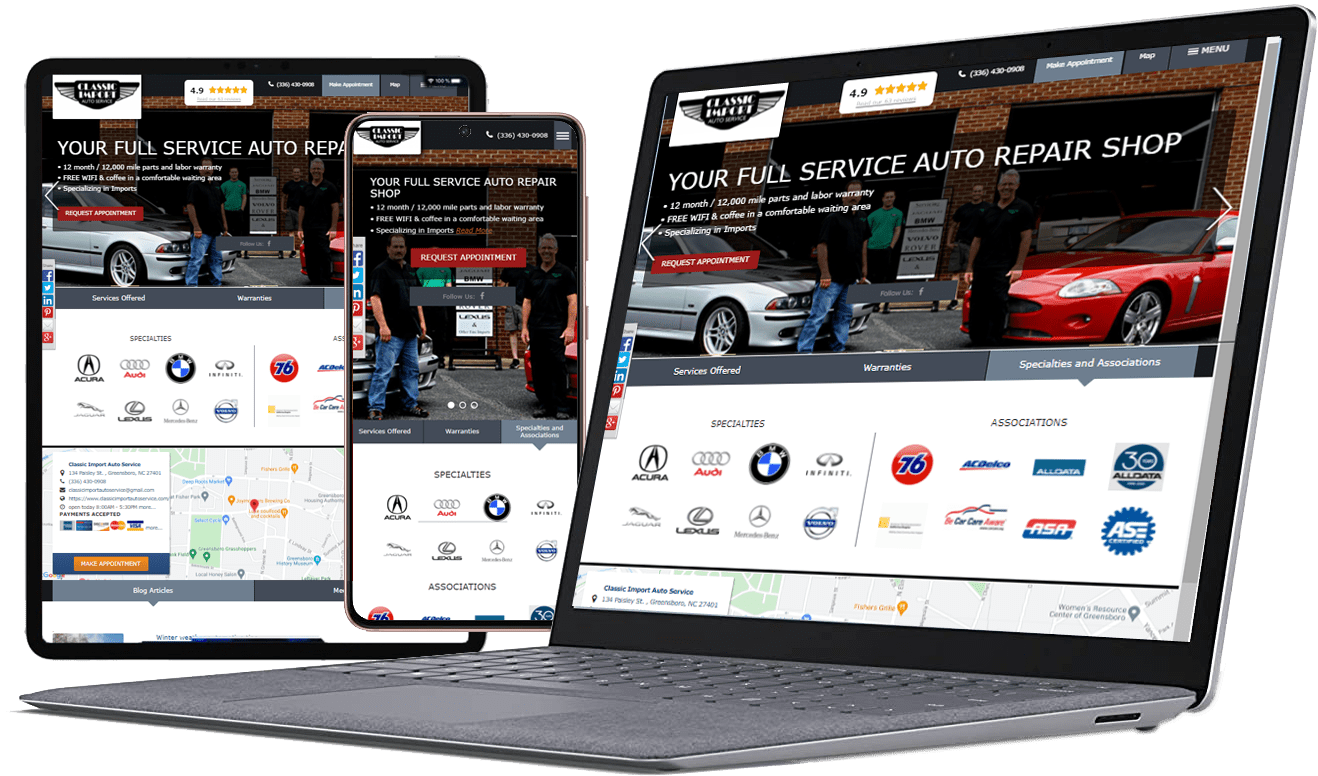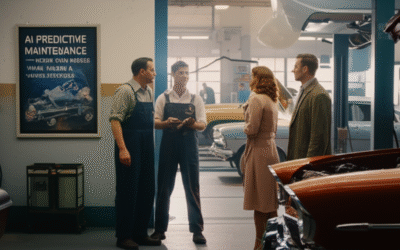
There’s a problem in the automotive service industry that many people are talking about. But even if you don’t hear about it, you’re probably already familiar with the pain it’s causing your shop.
If you use a CRM (customer relations management) and banking on the return it promised, you already know that most CMRs are missing something.
Not only are they missing specifics on the mechanical condition of each vehicle, but we could also go so far as to say they’re pretty clueless about maintenance needs.
The great hope that doesn’t manage much
For a while, the marketing hype around social CRMS gave shop owners everywhere hope that they had finally come across an effective solution that would automate “accurate” vehicle service status alerts.
You could finally stop worrying about how to gain customer trust because the CRM was going to automate maintenance-need communication and boost our customer loyalty.
Or at least that’s what they were supposed to do,
What CRMs don’t do
Are you surprised to learn that a CRM uses none of your customers’ detailed service history when making the next service recommendation? The notable exceptions are estimating the next oil and lube services and declined recommended work reminders.
What CRMs do is factor the year, make, model, and estimated odometer from your database and then quote the vehicle manufacturer’s recommendation for that vehicle at a given mileage. Pretty standard, generic stuff.
The problem is that they don’t even take into account services that have already been performed potentially making recommendations on work not needed. Your reputation deserves more care.
Disappointing results that cost a pretty penny
Instead of a CRM revolutionizing your marketing and bringing in new customers, you have an expensive customer relationship management system that doesn’t do much, at least in terms of helping you drive automotive service profitability.
What’s the solution?
The solution isn’t getting rid of the CRM.
The solution is to make the CRM intelligent so that it delivers on its promises. The best CRM that drives aftermarket automotive service profits.
In an ideal world, your CRM should create condition-based recommendations. If it could only combine standardized recommendations for aging services that you’ve already performed based on the daily mileage of each vehicle, well, that could revolutionize your automotive service shop, wouldn’t it?

Interested in specific steps to improve the profitability of your auto service business?
Get the FREE eBook.





